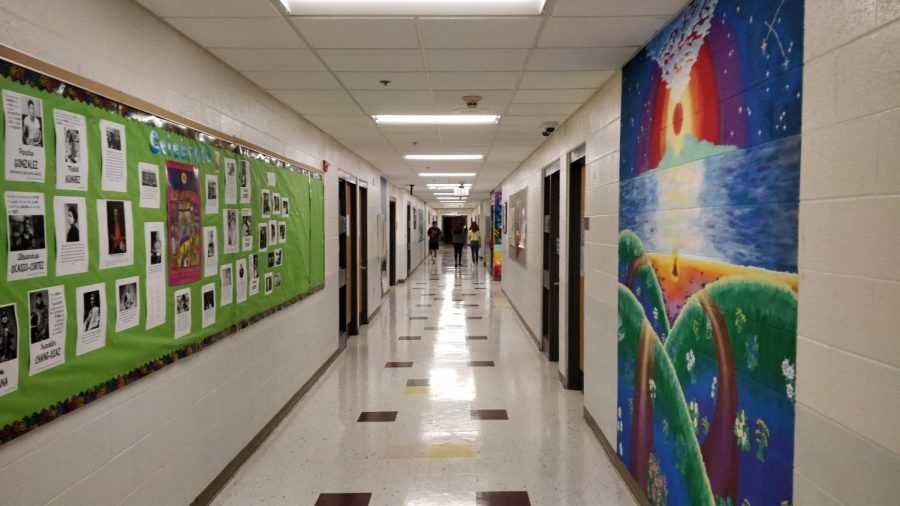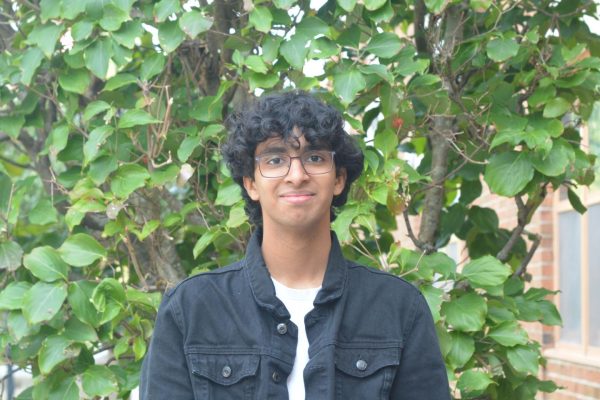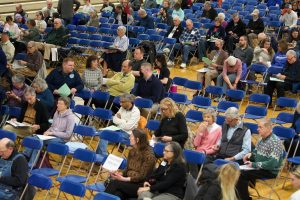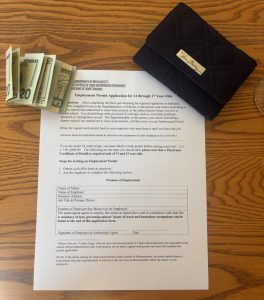Diverse history should mean diverse history classes
Students walk through the history hallway at WA.
September 29, 2022
Westford Academy is a diverse community; there is no doubt about that. Going to school means seeing students of all cultures, races, religions, and ethnicities, as well as walking under banners in the halls promoting diversity and inclusion. That’s why it is a little odd to see that of the three years of required history classes, two are U.S. history courses where the focus is on America and Western history, while one is a world history course where the curriculum is mainly centered on European colonialism.
Seeing that we live in the U.S., the focus on American history is expected. As an American, I appreciate the things we learn about this country. Everything I learned in Civics in eighth grade, U.S. History I in my sophomore year, and will learn this year in AP U.S. History (APUSH) will help me shape my view of what America is, was, and will be. The content and material are also very interesting to learn, putting aside the necessity to learn it.
However, I am also an Indian; I was born in Hyderabad, India, and have spoken Telugu since I was two years old. Therefore, as an Indian, everything I learn in school is so far removed from India’s history and culture; at times, things seem foreign and alienating, and I start asking questions like, why should I care? For other students of color, the experience is similar.
Take the example of the tendency of America to divide the people in its history into two categories, Black people and white people. This racial binary instated in school curriculums promotes a very toxic and harmful idea: that there are only white people and Black people. This may not seem like a very important thing to focus on, but it has real-life repercussions. As a second grader at Nabnasset, my brother came home and asked if we were Black because there was no other term taught to him, only that there are two races. We are not Black, but my brother asking that question illustrates very clearly the unintentional bias that school curriculums have against non-Black minorities in the country.
As the world quickly globalizes and unites to combat worldwide problems such as climate change and poverty, the things we are taught in school need to modernize along with these movements. We should not be learning only Western history; we should be learning world history. We need to have everybody in the classroom feel seen and heard, and we need everybody in the classroom to see and listen to others.
Learning about U.S. history, topics such as Chinese and Japanese immigration, the discriminative treatment of African-Americans, and the occupation of the Philippines and Hawai’i are all prominent. But where am I? Where is my place in this country? When I am expected to stand everyday for the Pledge of Allegiance, should I also be expected to ignore my own Indian roots?
In addition to individual students’ feelings, the idea of DEI (Diversity, Equity, and Inclusion) concerning sports and symbolism is one that the district has focused on extensively for the past few years. Promoting DEI when it pertains to material taught at schools is an equally important issue.
At WA, there are many ways to fix this problem. However, there doesn’t seem to be a feasible way to change Massachusetts state law requirements, which require two years of world history (one year can be done at the middle school level) and two years of U.S history. But to alleviate this problem, WA can strive to include themes and topics that can be shown in histories of cultures all over the world, not just America, as it has been beginning to do recently. In addition to that, an AP World History course would be a great addition to WA’s course listing.
The fact that WA does not offer AP World History as a course surprises me; by acquaintances of mine who live all over the country, it is a course that is seen as a beginner AP course. AP World History could even potentially be offered as a freshman AP class alongside CP and Honors World History, thus breaking the rules WA has in place: no AP classes for freshmen. But with this class, students can increase their knowledge and understanding of world issues, not just nationwide issues.
Even though introducing a new course is not something that can be done in the blink of an eye, as effort, money, and teacher preparation are all needed, I believe that the benefits, including more DEI-related lessons, are something both students and teachers will value in years to come.
Ultimately, if schools changed their curriculum to focus on world history as well as U.S. history, I feel like Westford, if not America, could improve its view of the world. After all, giving students the opportunity to remove the lenses they have had for their whole life and let them look at other countries, cultures, and languages as normal but different things is crucial to the growing understanding among our world’s people.









Syamsundar • Oct 1, 2022 at 12:19 pm
Expressed the issue well…